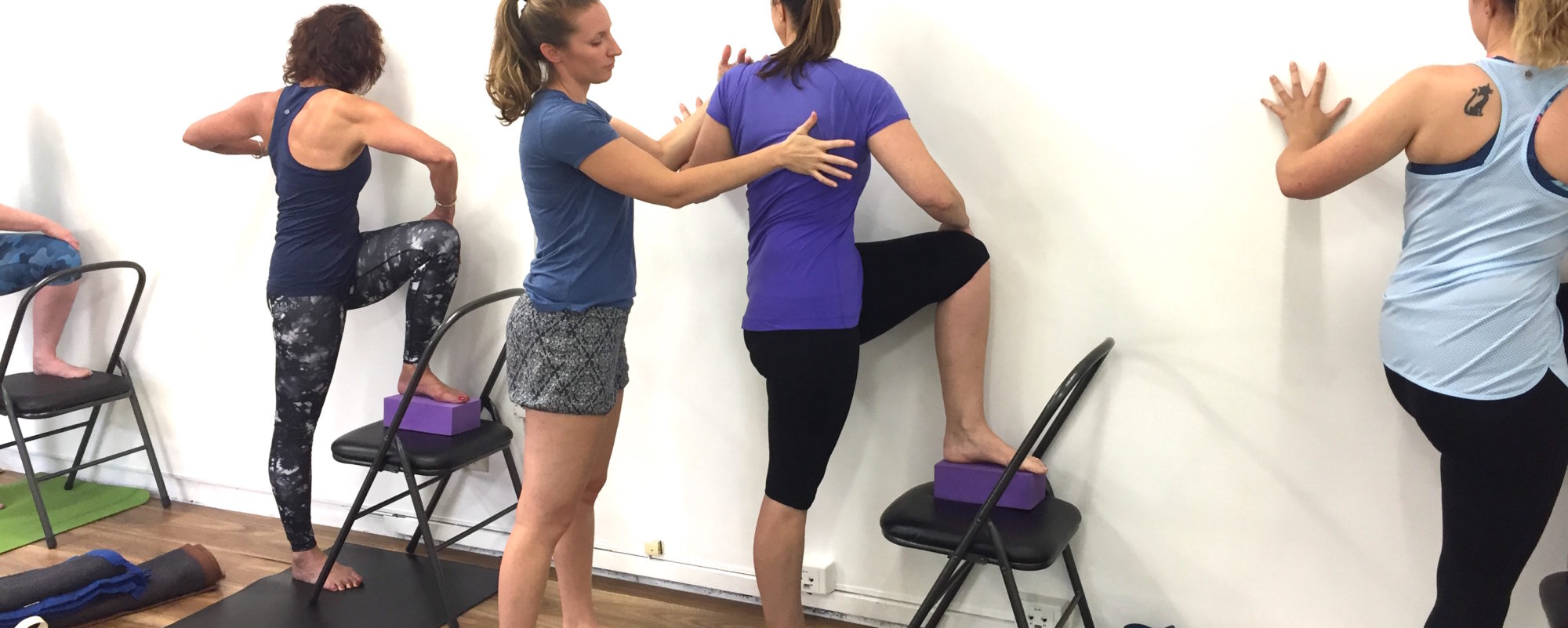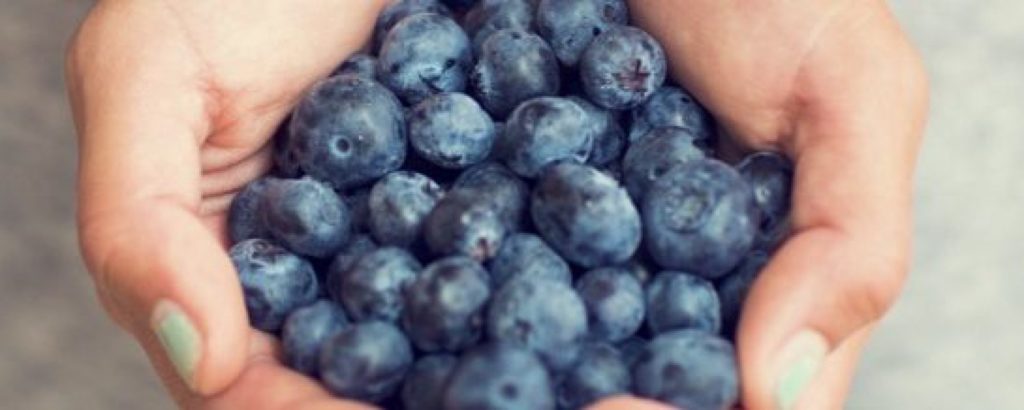If you know that your diet and lifestyle could use improvement, its likely that any diet you choose to go on will “work”.
“I’ve been doing the paleo / vegan / boiled cabbage diet for 2 weeks now and I’ve already lost 2 kilos – I feel great!”
What is rarely spoken about is what came before the diet. If someone goes from eating a standard Western diet high in processed foods to a new diet where they consume a green juice every day and they feel its changed their life, its very likely that the things that have been removed from their diet have actually played the biggest role in improving their wellbeing – not that magical green juice. Lets look at two examples…
 Example 1: Molly has started a paleo diet and is typically eating eggs and veggies for breakfast, meat and salad for lunch, fruit and nuts for snacks and finishing off with meat or fish and vegetables for dinner. Molly has more energy and her gut symptoms have improved. Molly now bangs on about her ancestors and regularly annoys her family members with recently acquired nutritional information.
Example 1: Molly has started a paleo diet and is typically eating eggs and veggies for breakfast, meat and salad for lunch, fruit and nuts for snacks and finishing off with meat or fish and vegetables for dinner. Molly has more energy and her gut symptoms have improved. Molly now bangs on about her ancestors and regularly annoys her family members with recently acquired nutritional information.
Example 2: Bianca has gone vegan and is really loving it. Her day includes organic muesli with coconut milk for breakfast, a mixed salad with seeds and sprouts for lunch, fruit smoothie for a snack and a vegan pizza with cashew cheese for dinner. Bianca is feeling great about her new way of life and wants to stick with this diet. She also annoys her family members but with more animal welfare related information, in fact she may have just stopped going to family barbecues altogether.
The two examples are both taking the mickey, but really the diets couldn’t be further apart. One diet is known for its meat-eating culture and the other a complete avoidance of animal products. In both instances a new diet has been adopted probably in another attempt to lose weight and feel better. So instead of pointing out differences, let’s look at some similarities (other than managing to annoy family members…)
- It is very likely that both diets include cutting out or reducing consumption of alcohol, sweets and junk food – those changes alone are enough to make most people feel a whole lot better!
- It is also very likely that some of these dietary changes are quite difficult to implement – meaning that in the past anything on the menu or at the convenience store would have ended up down the hatch. Now the girls are having to look harder for foods that fit their new diets and evaluate what’s actually in their food before deciding to eat it.
- Generally when people decide to change something as big as their diet, they also tend to go all out and make other healthy changes too such as exercising more, drinking more water, talking about healthy diet with friends and researching food and health related topics – all of these things improve our mindset and make us more likely to experience short term ‘success’ with new diet changes.
- Lastly, they say a change is as good as a holiday right? Call it the placebo effect if you like. Everyone can relate to the above examples because they’ve been there themselves or they can immediately picture a friend whose currently on a health kick. We decide to do something positive for ourselves and suddenly our whole lives get better! Nothing and nobody can stop us! For two weeks anyway.
What I’m getting at with this is often any decision to make positive change is a good thing. But motivation (and fad diets) don’t last. There are TWO things that do last and are the KEYS TO SUCCESS if you wish to change your diet, lifestyle and ultimately your health.
- KNOWLEDGE and
- HABIT.
Once you know something – you can’t un-know it.
That’s why I believe that paying for education is the most valuable thing you can spend your money on. One of the problems I find with clients looking to change their diets is that they want a plan to stick to, black and white, for 2, 4 maybe 6 weeks. But then what? Start a new plan?? If you know why certain foods are included in your plan and why certain foods aren’t included in your plan, you can start to figure this stuff out for yourself and have total confidence in your food decisions. Given the guilt, shame, ‘um’ing and ‘ah’ing that goes on in most women’s (peoples) brains over food choices, this confidence alone is worth a zillion dollars.
Secondly motivation is great to get you started but it rarely gets you over the finish line. (I do recommend that clients seek out sources of motivation regularly, for example routine appointments with your nutritionist can be great for keeping you on track and inspired to maintain your dietary changes.) But when motivation dries up and life goes back to mundane, dull, or worse – you or your family experience a crisis – all motivation goes out the window and all you have to fall back on are your daily habits. It is these habits that will keep you healthy and prevent you from ‘falling off the wagon’ and having to start all over again. (Meaning they also save you money!)
IN SUMMARY – Invest in improving your knowledge, and make your changes small, achievable and habitual. Find someone who inspires you and that you trust and book in to start learning. Understand why you are making these changes, put some daily habits in place and then keep refreshing your motivation AND your knowledge. If we want to succeed long-term, we have to start thinking long-term!
Kelly Moriarty is a nutritionist with a medical science degree working in Newcastle NSW. Kelly takes on average one new client per week depending on availability. Click the link to book your appointment with Kelly at Green Body in Cardiff:
www.greenbody.com.au/nutrition




